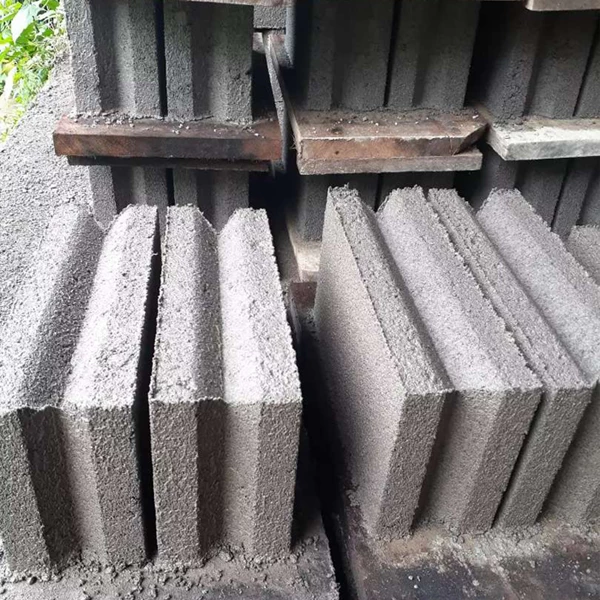Coconut Charcoal Business Success
The coconut charcoal business has emerged as a promising venture in the sustainable energy sector. With the growing awareness of environmental issues and the shift toward eco-friendly products, coconut charcoal is gaining popularity due to its renewable nature and efficient performance. The demand for sustainable alternatives to traditional charcoal is on the rise, and the coconut charcoal business offers a unique opportunity for entrepreneurs to capitalize on this trend. In this article, we will explore how to achieve success in the coconut charcoal industry and the factors that contribute to a thriving coconut charcoal business.

What is Coconut Charcoal?
Coconut charcoal is made from the shells of coconuts, a byproduct that is often discarded after the fruit is harvested. The shells are carbonized at high temperatures to create charcoal, which is then used for a variety of applications, including grilling, industrial heating, and even air purification. The process of turning coconut shells into charcoal involves heating them in a controlled environment with limited oxygen, a method known as pyrolysis.
Coconut charcoal has several advantages over traditional wood-based charcoal, such as producing less smoke, burning hotter, and having a longer burn time. It is also a more eco-friendly option, as it is made from a waste product that would otherwise end up in landfills.
The Growing Demand for Coconut Charcoal
The demand for coconut charcoal has increased significantly in recent years, driven by both consumer preferences and environmental concerns. As people become more conscious of their ecological footprint, there is a shift toward using products that are sustainable, renewable, and less harmful to the environment. Coconut charcoal meets these criteria and has become a popular choice for grilling, especially in regions where traditional charcoal is commonly used.
In addition to consumer demand, the coconut charcoal business is also seeing growth in industrial applications. The charcoal is used in industries such as metallurgy, manufacturing, and energy production due to its high calorific value and efficient burning properties. Furthermore, coconut charcoal is increasingly being used in air filtration systems as a natural way to purify the air.
Starting a Coconut Charcoal Business
Starting a Coconut Charcoal Business requires careful planning, knowledge of the production process, and an understanding of market demand. Here are some key steps to ensure the success of your coconut charcoal business:
1. Source of Raw Material
The first step in starting a coconut charcoal business is securing a reliable source of raw material, which is coconut shells. Coconut shells are a byproduct of the coconut industry and are often available in large quantities in regions where coconuts are grown. Establishing relationships with coconut farmers or processors can help ensure a steady supply of shells for your business.
In some cases, it may be beneficial to partner with local coconut plantations or suppliers to source the shells at competitive prices. Securing a consistent and cost-effective supply of coconut shells is critical for the long-term success of your business.
2. Setting Up the Production Facility
The next step is setting up a production facility. This involves purchasing the necessary equipment for carbonizing the coconut shells and converting them into charcoal. A carbonization kiln is essential for the process, as it allows the shells to be heated to high temperatures in an oxygen-deprived environment. Other equipment required may include crushing machines, sieves, and briquette presses for shaping the charcoal into uniform sizes.
When setting up your production facility, it is important to consider factors such as location, infrastructure, and labor availability. Choosing a location that is close to coconut shell suppliers and transportation routes can help reduce costs and improve efficiency.
3. Quality Control and Consistency
Maintaining high-quality products is crucial for the success of any business, and the coconut charcoal industry is no exception. Ensuring that your charcoal burns efficiently, produces minimal smoke, and has a long burn time is key to attracting and retaining customers.
One way to improve product quality is by incorporating advanced technology in the production process. Automated systems for monitoring temperature and airflow during carbonization can help ensure that the shells are carbonized at the optimal conditions, resulting in higher-quality charcoal. Additionally, automated briquetting machines can produce uniform, high-density briquettes that are easy to handle and transport.
4. Branding and Marketing
Once you have established a reliable production process and a quality product, the next step is to focus on branding and marketing. Building a strong brand and marketing strategy is essential to attract customers and create awareness of your coconut charcoal products.
Develop a clear brand identity that emphasizes the eco-friendly and sustainable aspects of your coconut charcoal. Highlight the benefits of using coconut shell charcoal briquettes, such as their cleaner burn, longer burn time, and renewable source. Use social media platforms, websites, and online marketplaces to reach a broader audience and showcase the advantages of your products.
5. Distribution Channels
Identifying and establishing distribution channels is a crucial step in growing your coconut charcoal business. You can sell your products to consumers directly through retail outlets, online stores, or local markets. Additionally, you can partner with businesses that require coconut charcoal, such as BBQ retailers, hotels, restaurants, and industrial companies.
Consider offering bulk orders or wholesale options to attract larger clients who need consistent supplies of coconut charcoal. Establishing relationships with distributors and suppliers can help you expand your reach and increase sales.
Sustainability and Environmental Impact
One of the key selling points of the coconut charcoal business is its sustainability. Unlike traditional charcoal, which is made from cutting down trees, coconut charcoal is produced from waste coconut shells, making it an environmentally friendly option. As awareness of environmental issues grows, more consumers and businesses are seeking products that have minimal impact on the environment.
By focusing on sustainability and eco-friendly production practices, you can position your coconut charcoal business as a leader in the green energy sector. This not only helps the planet but also appeals to a growing market of conscious consumers who are willing to pay a premium for sustainable products.

